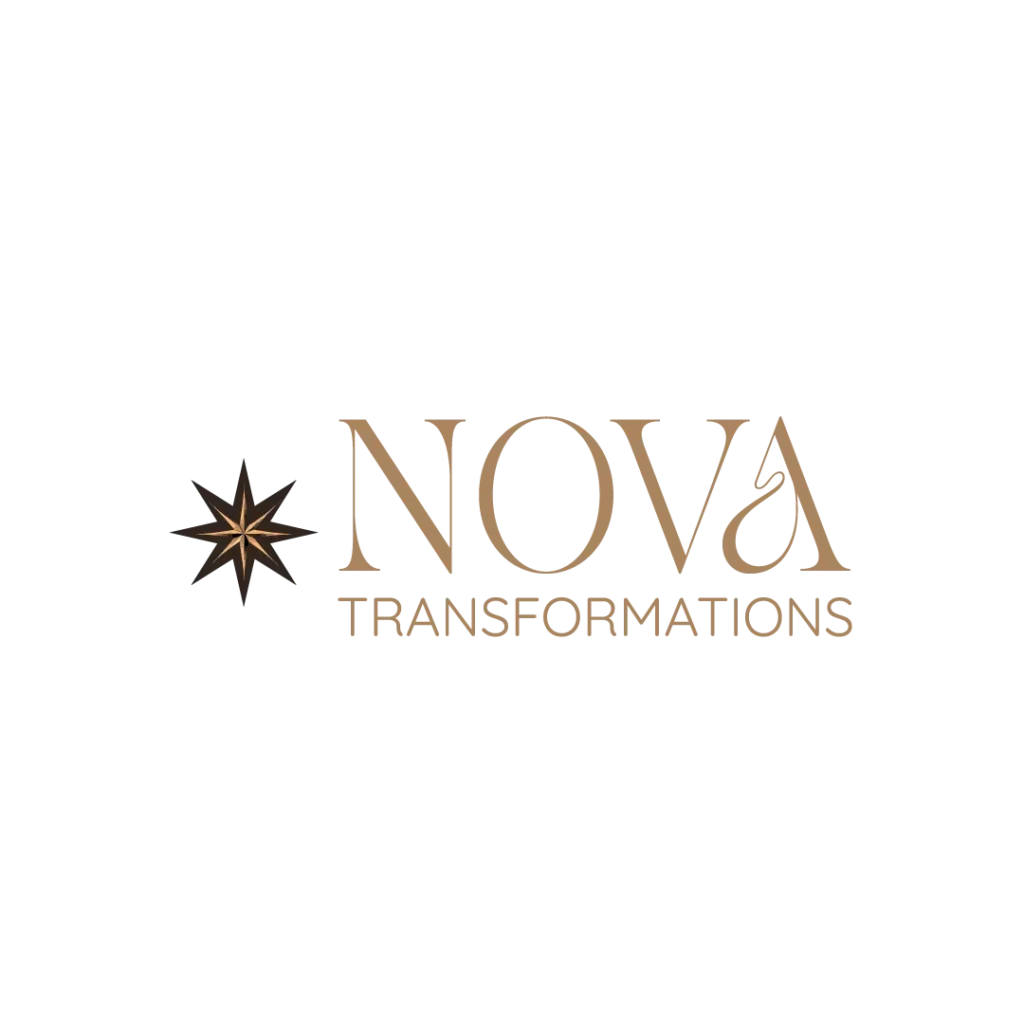Understanding Dual Diagnosis
Prevalence of Co-Occurring Disorders
Understanding the prevalence of co-occurring disorders is crucial for you and your loved ones as you navigate addiction recovery. According to the SAMHSA’s 2022 National Survey on Drug Use and Health, approximately 21.5 million adults in the United States struggle with a co-occurring disorder, which includes mental health issues alongside substance use disorders (SUDs). Notably, 50% of individuals experiencing a substance use disorder will also have a mental health disorder, and vice versa.
In 2020, it was reported that 17 million U.S. adults faced both a mental health disorder and a substance use disorder (Cleveland Clinic). The table below summarizes the prevalence of common co-occurring disorders:
| Type of Disorder | Prevalence |
|---|---|
| Co-occurring mental health and substance use disorders | 21.5 million |
| Individuals with SUD and mental health disorders | 50% of individuals with SUD |
| Adults with ADHD and SUD | 9.9% – 54% |
| Individuals with depression and SUD | High prevalence |
These numbers stress the importance of seeking comprehensive treatment options that address both mental health and addiction.
Challenges in Dual Diagnosis Diagnosis
Diagnosing dual diagnosis mental health and addiction involves significant challenges. Many symptoms of substance use disorders can mimic or exacerbate mental health issues, making it difficult to establish a clear diagnosis. Individuals might present symptoms of anxiety, depression, or other mental health disorders, further complicating their recovery journey.
Moreover, the varying prevalence rates of conditions like depression and ADHD mean that you must be vigilant when assessing the mental health of yourself or a loved one. Individuals with ADHD, for example, are overrepresented among those with substance use disorders, indicating that ADHD might contribute to the development of addiction.
Access to appropriate screening tools and qualified professionals is crucial for accurate diagnosis. The challenges surrounding dual diagnosis underline the need for specialized treatment programs, such as those offered by Nova Transformations, which can effectively address both addiction and mental health needs through integrated care strategies.
If you or someone you know is struggling with conditions related to dual diagnosis, consider exploring various treatment options such as alcohol addiction treatment or depression and addiction treatment.
Integrated Treatment Approach
Simultaneous Management of Mental Health and Substance Use Disorders
When addressing dual diagnosis mental health and addiction, an integrated treatment approach is regarded as the gold standard. This approach involves simultaneously managing a person’s mental health issues alongside their substance use problems. Research indicates that long-term recovery depends on treating both conditions concurrently, typically under the care of the same provider or treatment team (HelpGuide.org).
This simultaneous management is crucial because co-occurring disorders frequently influence one another, making it essential to tackle both simultaneously. For example, when a mental health disorder is left untreated, it can exacerbate substance use, and vice versa, thereby complicating the recovery process.
For effective treatment, a variety of strategies may be employed:
| Treatment Method | Description |
|---|---|
| Behavioral Therapy | This method focuses on modifying unhealthy behaviors related to both mental health and substance use. (Cleveland Clinic) |
| Medication | Prescribing medication can help stabilize mental health conditions while also aiding in withdrawal and recovery from substance use. |
| Support Groups | Involvement in peer-led support groups can provide crucial emotional support and foster connections with others experiencing similar struggles. |
Importance of Medication, Therapy, and Support Groups
The foundation of effective dual diagnosis treatment is a combination of medication, therapy, and support groups. This comprehensive approach helps in fostering a balanced and healthy recovery.
-
Medication can play a vital role in stabilizing mental health conditions such as depression or anxiety, which may be co-occurring with substance use. The right medications can help alleviate symptoms, making it easier for individuals to engage in therapy and recovery programs.
-
Therapies, particularly behavioral therapy, focus on facilitating positive change and coping strategies that address both substance use and mental health disorders. Tailoring treatment plans to fit the stage of recovery ensures clients receive personalized care (NCBI Bookshelf).
-
Support groups offer an essential aspect of recovery. Groups such as Alcoholics Anonymous or Narcotics Anonymous not only provide encouragement and community but also help reduce the sense of isolation that frequently accompanies dual diagnosis. Through shared experiences, you can gain perspective, learn coping mechanisms, and develop resilience.
Integrating these components into a treatment plan optimizes outcomes and helps foster a sustainable path towards recovery. By choosing a facility that emphasizes an integrated treatment approach like Nova Transformations, you empower yourself or your loved one to effectively overcome both mental health challenges and substance use disorders. For various treatment options available, including alcohol addiction treatment and depression and addiction treatment, expert guidance is key in this journey.
Key Factors in Dual Diagnosis Treatment
In understanding dual diagnosis involving mental health and addiction, it is crucial to recognize the importance of support systems. Two key factors in successful treatment are family support and professional assistance through peer support groups.
Role of Family Support
Family involvement plays a significant role in the recovery process for those dealing with dual diagnosis. Support from family members can provide the emotional backing and stability necessary to facilitate healing. Family members can also help create a nurturing environment that encourages open communication and fosters trust. According to the Cleveland Clinic, family-centered care is crucial for effectively addressing dual diagnosis.
Families should be educated on the nature of both mental health and substance use disorders. This knowledge empowers them to provide informed support, which can significantly enhance treatment outcomes. Programs aimed at family support therapy for addiction can also assist families in navigating the complexities of dual diagnosis and improve their ability to help their loved ones.
Peer Support Groups and Professional Assistance
Peer support groups such as Alcoholics Anonymous (AA) and Narcotics Anonymous (NA) offer invaluable support for individuals facing addiction issues alongside mental health challenges. These groups create a safe space where individuals can share experiences, learn from each other, and provide motivation during recovery. These connections can alleviate feelings of isolation and forge a sense of community among individuals who are dealing with similar struggles.
Similarly, professional assistance from therapists, counselors, and medical professionals provides targeted treatment tailored to meet individual needs. This comprehensive approach enhances the effectiveness of dual diagnosis treatment, ensuring that both the mental health and addiction aspects receive appropriate care. Support from professionals can include evidence-based therapies such as cognitive behavioral therapy for addiction and dbt therapy for addiction.
Combining family support with peer guidance and professional help creates a holistic framework in the treatment of dual diagnosis. By addressing both mental health and addiction through collaborative efforts, individuals are more likely to experience successful recovery outcomes.
Link Between Substance Abuse and Mental Health
Understanding the connection between substance abuse and mental health is crucial for anyone considering treatment options. If you or someone you know is struggling with a dual diagnosis, recognizing how these issues interplay can inform your path to recovery.
Impact of Untreated Mental Health on Substance Abuse
When mental health issues remain untreated, the likelihood of substance abuse increases. Many individuals may resort to drugs or alcohol as a means of self-medicating their symptoms. According to the National Institute on Drug Abuse (NIDA), approximately 7.9 million adults in the United States experience co-occurring disorders every year. This statistic emphasizes the prevalence of dual diagnosis cases.
| Mental Health Issue | Increased Risk of Substance Abuse (%) |
|---|---|
| Depression | 50 |
| Anxiety | 40 |
| PTSD | 60 |
For instance, individuals with depression and other depressive disorders are more likely to develop a substance use disorder. Brain abnormalities in the reward pathways have been implicated in both conditions, making it essential to address mental health before effectively treating addiction. If you are concerned about either issue, consider exploring options like depression and addiction treatment.
Influence of Substance Abuse on Mental Health
Conversely, substance abuse can exacerbate existing mental health problems. The cycle of addiction can lead to worsening mental health symptoms, making recovery more complex. Abusing substances can worsen symptoms of mental disorders or even lead to prolonged psychotic reactions.
For those battling addiction, understanding how their substance use influences their mental health can be transformative. If someone with untreated depression increases their substance use, it is likely that their mental health symptoms will intensify. This dual impact is crucial to consider when pursuing comprehensive treatment, which may include therapies such as cognitive behavioral therapy addiction and medication management.
Holistic approaches can also be beneficial, ranging from mindfulness rehab to nutritional counseling addiction. If you or your loved ones are afraid of falling into this cycle, seeking support is pivotal. Choosing a treatment program that addresses both substance use and mental health issues can provide the comprehensive care needed to break free from this cycle of dual diagnosis mental health and addiction.
Identifying Dual Diagnosis
Symptoms Overlap and Diagnosis Challenges
Identifying a dual diagnosis—where mental health disorders co-exist with substance use issues—can be complex. Symptoms often overlap, making it difficult to determine which condition is causing the other. For instance, signs of depression may arise from untreated mental health issues or from substance abuse. Similarly, individuals struggling with anxiety might turn to alcohol or drugs as a coping mechanism, further complicating the diagnosis process. General warning signs include:
| Co-Occurring Issues | Substance Type |
|---|---|
| Depression | Marijuana |
| Schizophrenia | Alcohol |
Accurate diagnosis is vital, as overlooking one of the disorders can lead to ineffective treatment. Providers experienced in both areas play a crucial role in ensuring that all conditions are addressed. Reliance on a comprehensive assessment tool can help in reducing the chance of a missed diagnosis and formulate an effective treatment plan (NIMH).
Screening Tools and Assessment for Dual Disorders
Utilizing the right screening tools is essential for effectively identifying dual diagnosis. Comprehensive assessments can assist healthcare providers in uncovering both the mental health and substance use disorders an individual may be facing. Some commonly used tools include:
- Structured interviews: These provide a systematic method for gathering information.
- Behavioral assessments: These help in identifying patterns of substance use and their effects on mental health.
- Self-report questionnaires: These allow individuals to express their experiences and symptoms.
Integrated treatment that tackles both issues at once—through medication, therapy, and support groups—is considered the best approach for managing dual diagnosis (Grand Falls Recovery Center). By addressing both mental health disorders and substance use issues simultaneously, you can support long-term recovery more effectively.
If you or a loved one are considering treatment, Nova Transformations offers a comprehensive range of services designed to address dual diagnosis effectively. Explore their drug and alcohol addiction treatment programs today.
Dual Diagnosis Treatment Strategies
Effective treatment for dual diagnosis involves a combination of approaches tailored to address both mental health conditions and substance use disorders. Two primary strategies include behavioral therapy combined with medication and the provision of support groups and in-patient care.
Behavioral Therapy and Medication
Behavioral therapy is a critical component in the treatment of dual diagnosis mental health and addiction. This form of therapy aims to change detrimental behaviors related to substance use and to help manage symptoms of mental health disorders. Providers commonly utilize techniques such as Cognitive Behavioral Therapy (CBT) and Dialectical Behavior Therapy (DBT). These modalities encourage clients to identify triggers, develop coping strategies, and improve their emotional regulation skills.
Medication also plays a significant role in treatment, particularly for mental health conditions. Depending on the diagnosis, healthcare professionals may prescribe antidepressants, anti-anxiety medications, or mood stabilizers to help manage symptoms. Combining therapy with appropriate medication leads to better treatment outcomes and enhances the chances of recovery.
| Treatment Component | Description |
|---|---|
| Cognitive Behavioral Therapy (CBT) | Focuses on identifying and changing unhelpful thoughts and behaviors. |
| Dialectical Behavior Therapy (DBT) | Emphasizes mindfulness and emotional regulation skills. |
| Medication | Stabilizes mental health symptoms and reduces cravings for substances. |
For more information about different treatment methodologies, you can explore our articles on depression and addiction treatment and anxiety and addiction recovery.
Support Groups and In-Patient Care
Support groups are essential for individuals undergoing dual diagnosis treatment. They provide a space where participants can share their experiences, learn from others, and receive encouragement in a structured environment. Peer support plays a significant role in fostering a sense of community and accountability among individuals facing similar challenges. This can be particularly helpful when coping with the emotions that may arise during recovery.
In some cases, individuals may benefit from in-patient care, especially if they require a higher level of supervision and support. In-patient treatment provides a structured environment where individuals can focus solely on recovery without the distractions and stresses of daily life. This approach often includes comprehensive support systems, including group therapy, personalized treatment plans, and skill development workshops.
| Treatment Type | Key Benefits |
|---|---|
| Support Groups | Community support, shared experiences, and encouragement. |
| In-Patient Care | Intensive support, structured environment, and a focus on recovery. |
At Nova Transformations, you will find an array of options tailored to your needs, from alcohol addiction treatment to specialized programs like the opioid addiction program. Our goal is to provide holistic support that empowers both you and your loved ones on the journey to recovery.








